Introduction
Institute For Islamic, Jewish, And Christian Studies (ICJS)
The Institute for Christian and Jewish Studies (ICJS – now Institute for Islamic, Christian, and Jewish Studies) hosted the National Jewish Scholars Project in the late 1990s. After several years of meeting in Baltimore, four interdenominational Jewish scholars published Dabru Emet (“Speak Truth”) as a full-page statement in The New York Times, The Baltimore Sun, and other major newspapers and religious websites on September 10, 2000.
Consisting of eight claims, Dabru Emet is a Jewish statement on Christianity. The statement was signed by more than 170 rabbis and Jewish intellectuals (signers grew to more than 220 over the following months), and generated both praise and criticism.
As an organization devoted to inquiry around religion and religious difference, ICJS welcomed robust debate around Dabru Emet when it was published in 2000. In that same spirit, ICJS has invited scholars and thinkers to revisit Dabru Emet in a public-facing, online academic forum in honor of its 20th anniversary in partnership with American Religion. This forum is designed to engage in critique as well as commemoration; historical reflection as well as reframing; rigorous inquiry as well as creative imaginings.
Dabru Emet explored and expanded the boundaries and borders of Jewish–Christian relations, Jewish thought, and Interfaith/Interreligious Studies. To advance these academic fields further, scholars from a variety of disciplines have responded to our call to reconsider Dabru Emet in 2021. A few contributors focus their thinking on specific claims made in Dabru Emet; others consider the reception and impact of Dabru Emet. Some carefully consider the religious, cultural, political, racial, and geographic contexts informing the development of Dabru Emet in the United States. Still others use Dabru Emet as an occasion to explore larger questions around the scope, purpose, and terrain of interreligious engagement. We asked the contributors to speak truth in our times, and we are grateful for the rigorous thinking, provocative questions, and candid challenges present in this series.
Contributors include:
Halla Atallah, Georgetown University
Victoria Barnett, independent scholar
Mary C. Boys, Union Theological Seminary
Alan Brill, Seton Hall University
Sam Brody, University of Kansas
Robert Cathey, McCormick Seminary
Ellen Charry, Princeton Theological Seminary
Adam Gregerman, Saint Joseph's University
Susannah Heschel, Dartmouth College
Edward Kessler, The Woolf Institute
Yehezkel Landau, Landau Interfaith Training and Consulting
Shira Lander, Southern Methodist University
Christopher Leighton, Institute for Islamic, Christian, and Jewish Studies
Laura Levitt, Temple University
Laura Lieber, Duke University
Julia McStravog, United States Holocaust Memorial Museum
Heather Miller Rubens, Institute for Islamic, Christian, and Jewish Studies
David Novak, University of Toronto
Jason Poling, St. Andrew’s Episcopal Church
John Pawlikowski, Catholic Theological Union
Peter Pettit, St. Paul Lutheran Church
Elena Procario-Foley, Iona College
David Sandmel, Anti-Defamation League
Ruth Sandberg, Gratz College
Benjamin Sax, Institute for Islamic, Christian, and Jewish Studies
Zeyneb Sayilgan, Institute for Islamic, Christian, and Jewish Studies
Mark Silk, Trinity College
Malka Z. Simkovich, Catholic Theological Union
Matthew D. Taylor, Institute for Islamic, Christian, and Jewish Studies
Katharina von Kellenbach, St. Mary’s College of Maryland
Maeera Yaffa Shreiber, University of Utah
We look forward to sharing with you these provocative and insightful reflections every Tuesday and Thursday over the coming months, and we welcome your thoughts, responses, and reflections.
Sign up to receive new essays in your inbox when published to the American Religion website.
Learn more about the history of Dabru Emet, and its original reception: icjs.org/dabru-emet.

